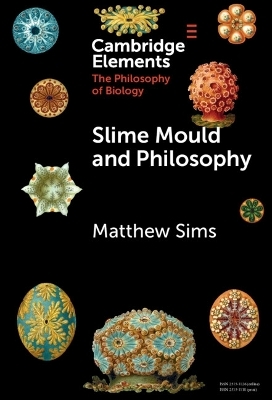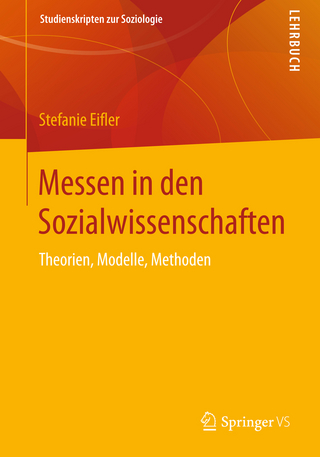
Slime Mould and Philosophy
Seiten
2025
Cambridge University Press (Verlag)
9781009488624 (ISBN)
Cambridge University Press (Verlag)
9781009488624 (ISBN)
Physarum polycephalum, a unicellular organism has gained attention as a model for studying cognitive abilities in organisms lacking nervous systems. This Element aims to demonstrate how Physarum can enrich the philosophy of biology by challenging conventional biological theories and refining key concepts through its behaviors and capabilities.
Physarum polycephalum, also known more colloquially as 'the blob', 'acellular slime mould', or just 'slime mould', is a unicellular multinucleate protist that has continued to attract the interest of biologists over the past century because of its complex life cycle, unique physiology, morphology, and behaviour. More recently, attention has shifted to Physarum as a model organism for investigating putative cognitive capacities such as decision making, learning, and memory in organisms without nervous systems. The aim of this Element is to illustrate how Physarum can be used as a valuable tool for approaching various topics in the philosophy of biology. Physarum and its behaviour not only pose a challenge to some of the received views of biological processes but also, I shall argue, provide an opportunity to clarify and appropriately sharpen the concepts underlying such received views.
Physarum polycephalum, also known more colloquially as 'the blob', 'acellular slime mould', or just 'slime mould', is a unicellular multinucleate protist that has continued to attract the interest of biologists over the past century because of its complex life cycle, unique physiology, morphology, and behaviour. More recently, attention has shifted to Physarum as a model organism for investigating putative cognitive capacities such as decision making, learning, and memory in organisms without nervous systems. The aim of this Element is to illustrate how Physarum can be used as a valuable tool for approaching various topics in the philosophy of biology. Physarum and its behaviour not only pose a challenge to some of the received views of biological processes but also, I shall argue, provide an opportunity to clarify and appropriately sharpen the concepts underlying such received views.
1 Introduction; 2. Niche construction and complex life cycles; 3. On the biotic status of spores; 4. Biological individuals: a puzzle concerning plasmodial fragmenting and fusing; 5. Externalised spatial memory?; 6. Conclusion; References.
| Erscheinungsdatum | 07.01.2025 |
|---|---|
| Reihe/Serie | Elements in the Philosophy of Biology |
| Zusatzinfo | Worked examples or Exercises |
| Verlagsort | Cambridge |
| Sprache | englisch |
| Maße | 152 x 229 mm |
| Gewicht | 274 g |
| Themenwelt | Geisteswissenschaften ► Philosophie |
| Naturwissenschaften ► Biologie ► Genetik / Molekularbiologie | |
| Naturwissenschaften ► Biologie ► Mikrobiologie / Immunologie | |
| ISBN-13 | 9781009488624 / 9781009488624 |
| Zustand | Neuware |
| Informationen gemäß Produktsicherheitsverordnung (GPSR) | |
| Haben Sie eine Frage zum Produkt? |
Mehr entdecken
aus dem Bereich
aus dem Bereich
Theorien, Modelle, Methoden
Buch | Softcover (2024)
Springer Fachmedien (Verlag)
CHF 34,90


